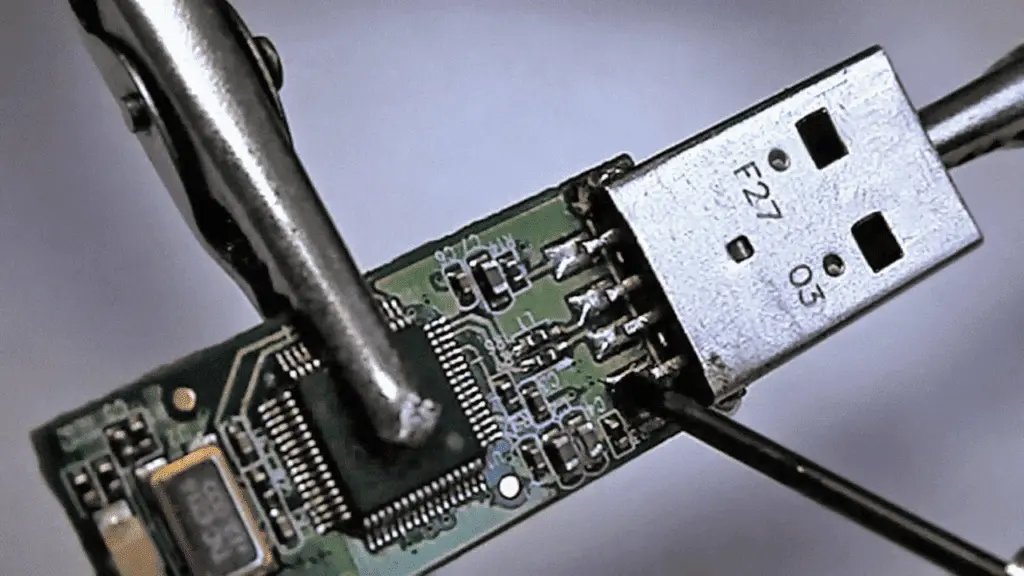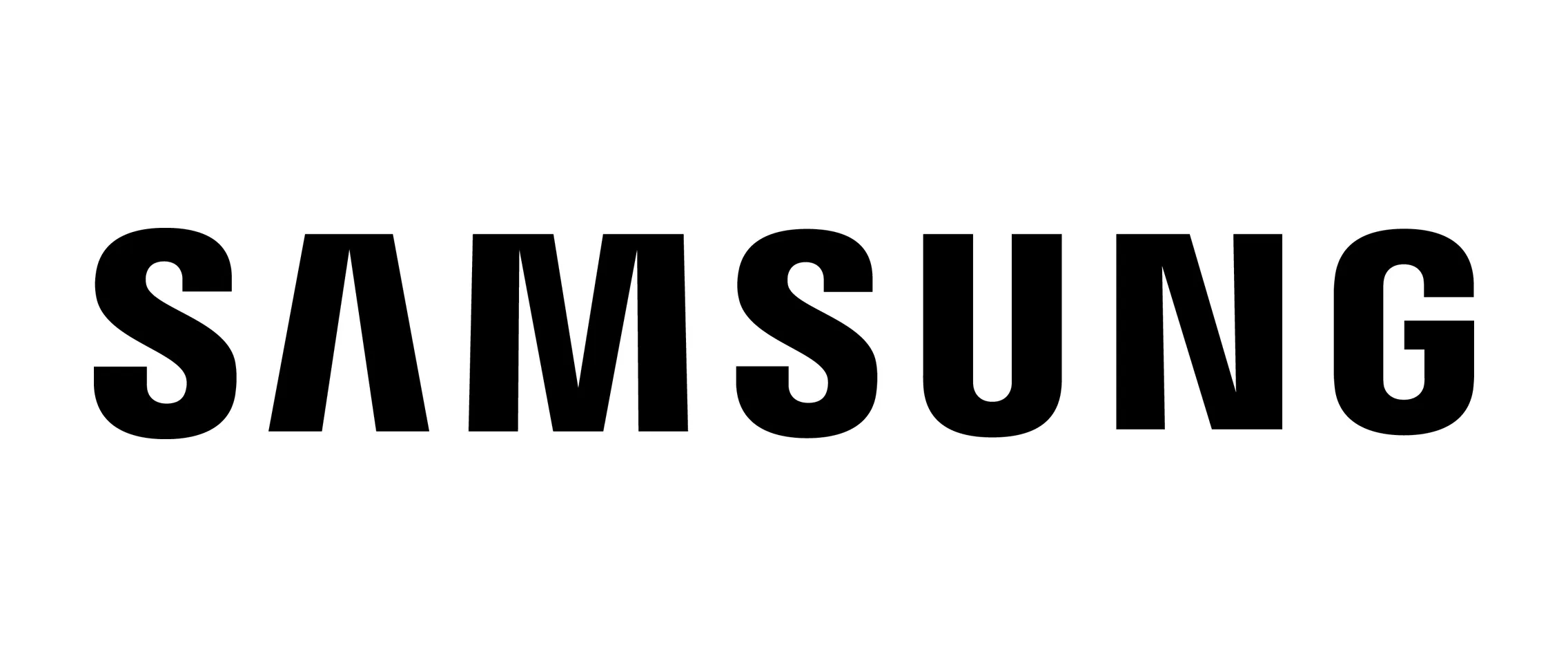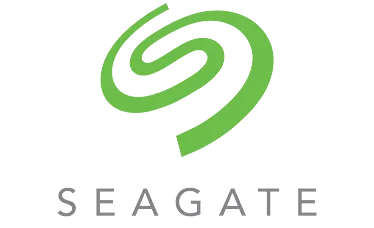Submit Your Device To Us
Submit your faulty device by calling us, visiting our office, or sending it via post or courier. We also provide affordable pickup and delivery services in Dubai for your convenience.

Data Magic recover data from a lot of memory sticks in a variety of different conditions and suffering from various types of fault. Common faults on USB memory sticks, also known as USB flash drives, can occur due to various reasons, ranging from physical damage to software issues. Here are some common faults observed in USB memory sticks:
Overall, USB memory sticks are prone to various faults that can affect their functionality and reliability. Regular backups, careful handling, and proper ejection procedures can help minimise the risk of faults and data loss. If a USB memory stick experiences persistent issues, it may require professional evaluation or data recovery services to diagnose and resolve the problem.
If you’d like us to look at your faulty memory stick here’s what to do.
Data Magic provide a comprehensive service for recovering the data from all types of faulty and damaged memory cards.
The most popular types of memory card are the standard (SD), high capacity (SDHC), and extended capacity (SDXC). Recovering the data from a damaged or unresponsive SD card can sometimes be quite complex and we use both software and hardware techniques to recover the data from SD cards.
Our recovery approach often involves hardware to bypass the problems with the memory card and successfully retrieve the files. These methods are far superior to any software approach – a software program can only do so much as it is controlled by the computer’s operating system which will prohibit and limit certain actions. Using a hardware based data recovery approach means that we have no such limitations.
Here are the steps to get us to recover your SD / memory card
Submit your faulty device by calling us, visiting our office, or sending it via post or courier. We also provide affordable pickup and delivery services in Dubai for your convenience.
Once received, our experts will evaluate your device. Within 24 hours to 48 hours, we will share a precise diagnosis, estimated recovery time, and a price quote for the service.
After you approve the quote, our technicians will begin the recovery using advanced methods. We will keep you updated with regular progress reports throughout the process.
Once the recovery is complete, we will contact you for payment. Upon confirmation of payment, your recovered data will be securely delivered or made available for in-person collection.

















